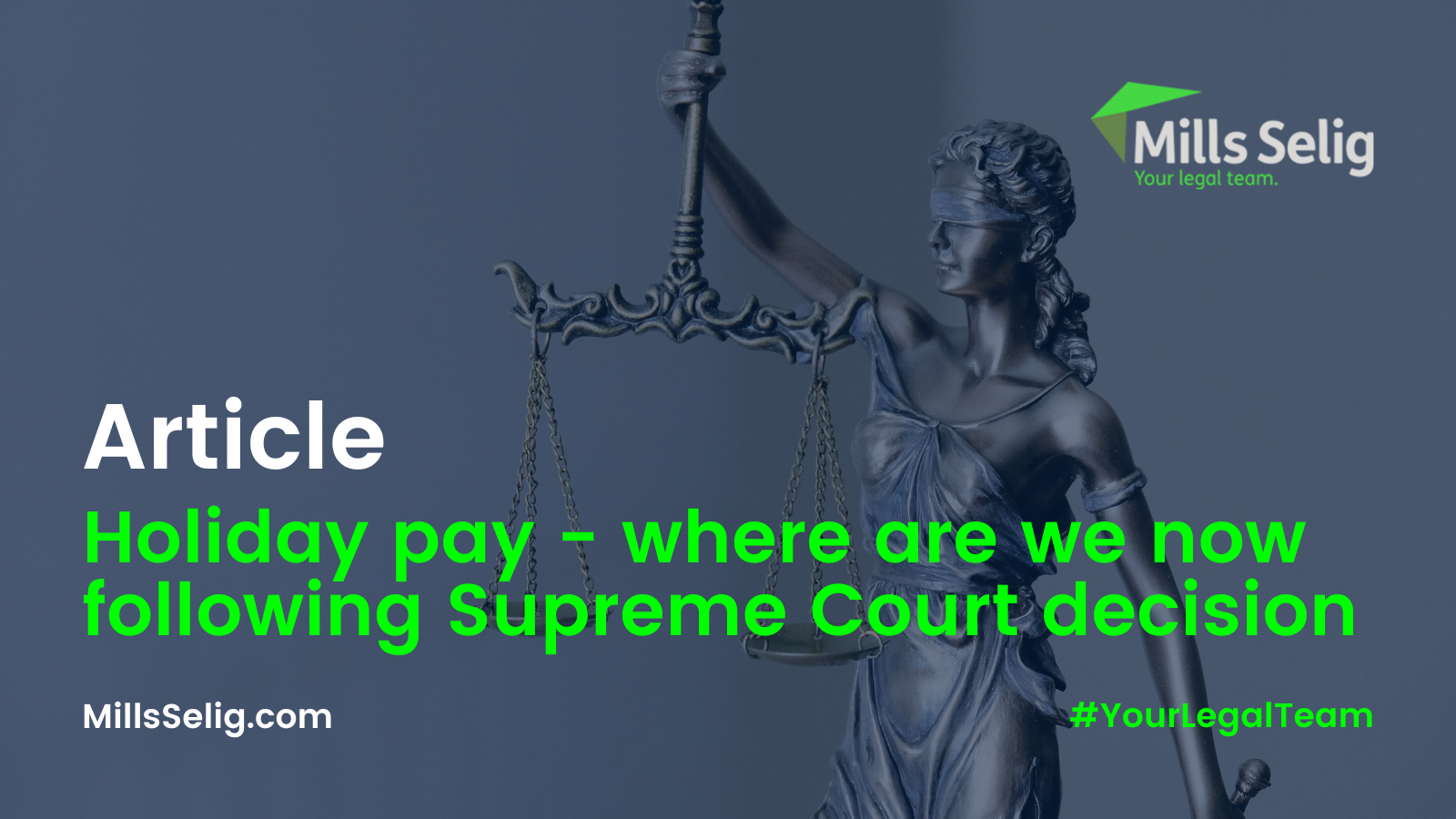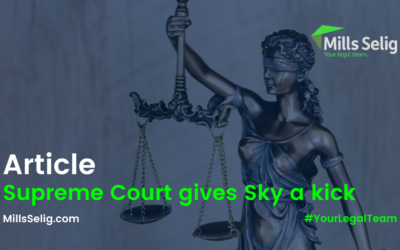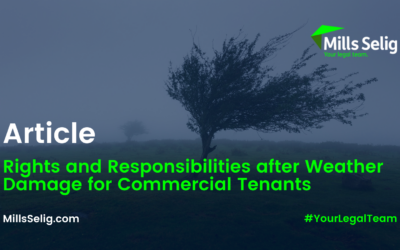Background
Holiday pay claims are relevant to employees who have variable elements of pay. The basic principle is that workers are entitled to be paid during statutory annual leave at a rate of a week’s pay for each week of leave. Pay during those holidays should be calculated not by reference to basic salary only but by reference to “normal remuneration”.
Normal remuneration must include all remuneration (including certain variable elements of pay) that is intrinsically linked to the performance of the duties which the employee is contractually obliged to perform. Assuming they are paid regularly or repeatedly over a sufficient period to count as “normal”, common examples of variable elements of pay which should be included when calculating normal remuneration are: commission payments, incentive bonuses, shift allowances, certain overtime pay and certain travel allowances.
Great Britain vs Northern Ireland
Since 2014, and prior to the Supreme Court’s judgment on 4 October 2023, the law on holiday pay for Great Britain was set out in the case of Bear Scotland. In Bear Scotland, the judge ruled that where there is a gap of three months or more between failing to pay the correct holiday pay on one occasion, and then the next incorrect payment, the series would break.
After the Bear Scotland case, many employers took the view that there was a possibility that one correct payment could break the series and, on that basis, made a correct payment and hoped that their employees would not question the (higher than usual) payment.
The effect of the breaking of the series would mean that an employee could not then bring a claim for holiday pay for the period prior to the correct payment when holiday pay was calculated and paid incorrectly.
Supreme Court decision
The Supreme Court in Agnew overruled the law set out in Bear Scotland and held that:
- The ruling in Bear Scotland that a series of deductions is automatically broken by a gap of three months or more was incorrect.
- A series is not automatically broken by any gap.
- A series of deductions is not automatically broken by a correct payment of holiday pay (if that correct payment was calculated by reference to basic pay).
So, what next?
The Supreme Court decision now brings the law on holiday pay in Great Britain into line with the law on holiday pay in Northern Ireland, which has been in force since 2018. In turn, it exposes employers in Great Britain (whose employees receive variable amounts of pay) to liability for up to two years of unpaid holiday pay from each eligible employee.
Editorial prepared by Andrew Edwards, Senior Associate within the Employment team @ Mills Selig
Employment law is broad in its scope and application, taking in all matters related to the workplace. Mills Selig has a highly successful, highly skilled, and vastly experienced market-leading team who handle all types of employment law. – Click to learn more – Employment @ Mills Selig

Andrew Edwards, Senior Associate, Employment
Andrew advises clients on the whole spectrum of employment work, both contentious and non-contentious. He is experienced in defending all types of Tribunal claims.
He regularly advises employers, large and small, on both day-to-day HR problems and big picture issues. Andrew also regularly provides advice on employment issues to corporate clients in their sales and acquisitions of companies.
T: 028 9044 5429
E: Andrew.Edwards@MillsSelig.com
W: https://millsselig.com/team/andrew-edwards/
Having the right legal advice at the right time is crucial – our expert team offers clear, concise and problem solving legal advice.
For further information on Mills Selig’s expert legal services and how we can help your organisation, click: www.MillsSelig.com/Expertise
#YourLegalTeam #Understanding #Expertise #Experience




